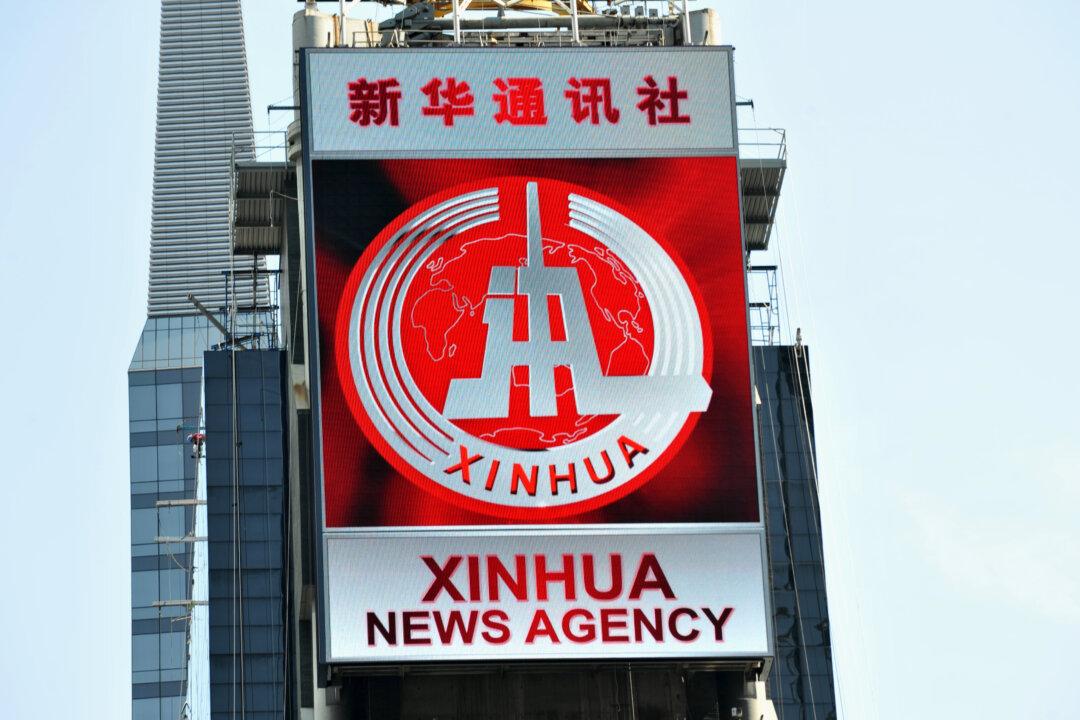Chinese state-run news agency Xinhua has registered as a foreign agent under U.S. law, more than two years after the Justice Department (DOJ) reportedly ordered it to do so.
Xinhua’s U.S. division was registered under the Foreign Agents Registration Act (FARA) on May 5, according to the DOJ’s online FARA database (pdf). This makes Xinhua the third Chinese state-run media organization to register as a foreign agent, after CGTN, the international arm of the Chinese state broadcaster China Central Television, and China Daily, an English-language newspaper overseen by the regime’s propaganda department. Xinhua’s registration was first reported by Foreign Lobby Report.





